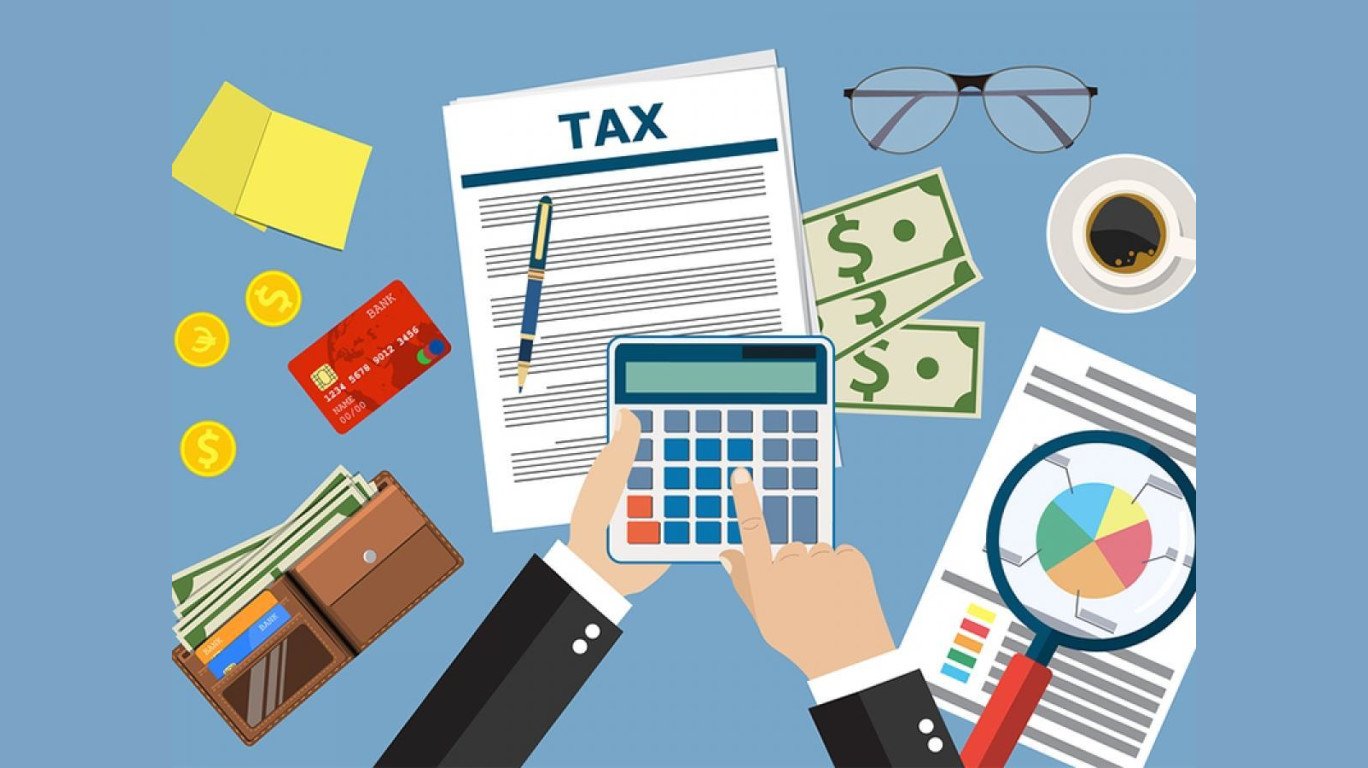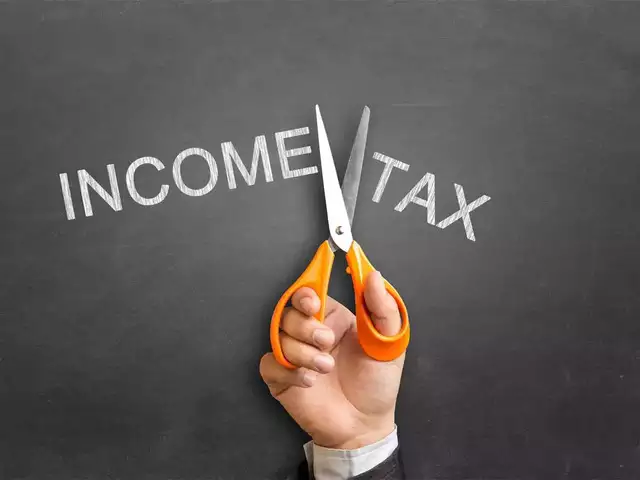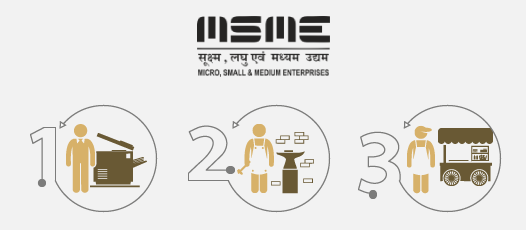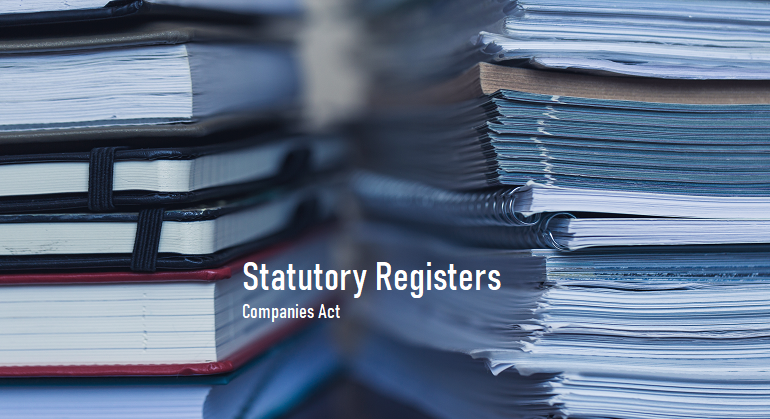Sec. 44AD
As per sec 44AD an eligible taxpayer can declare their income at a prescribed rate, without the need for maintaining regular books of accounts. The provision applies to small taxpayers who carry out a business or profession and have a turnover of up to Rs. 2 crores.
The following assessees’ are eligible to declare their income earned from the business u/s 44AD:
- The taxpayer should be a resident individual, HUF (Hindu Undivided Family), or partnership firm.
- The taxpayer should be engaged in a business other than a profession.
- The taxpayer's total turnover or gross receipts from the business should not exceed Rs. 2 crore in the financial year.
Under Section 44AD, eligible taxpayers can declare their income at a prescribed rate of the total turnover or gross receipts of the business. If the taxpayer declares income under Section 44AD, he/she is not required to maintain regular books of accounts, and the income declared is deemed to be the taxpayer's total income for the year.
How to calculate income under Section 44AD?
The taxpayer has to calculate either 6% or 8% of the total turnover or gross receipts of the business and declare it as his/her income for the year. The assessee can declare 6% as the income earned from profit from a business on the receipts received through digital mode. The assessee has to declare the income earned from the business at the rate 8% when the payments are received otherwise than digital mode.
The taxpayer is not required to maintain regular books of accounts or get them audited under this provision.
Advantages of Section 44AD
1. Section 44AD simplifies the method of computing taxable income from business for small taxpayers. The provision eliminates the need for maintaining regular books of accounts, which saves time and money for taxpayers.
2. Another advantage of Section 44AD is that it provides relief to taxpayers who may not have the expertise or resources to maintain regular books of accounts. This provision is particularly beneficial for small businesses and startups that may not have the necessary resources to maintain regular books of accounts.
3. As per Section 44AD the taxpayers, are not required to get their books of accounts audited.
Note:
1. If the taxpayer wishes to declare income lower than 8% of the total turnover or gross receipts, the taxpayer has to maintain regular books of accounts and get them audited under Section 44AB. The audit is required to be done by a chartered accountant, and the taxpayer is required to file the audit report along with the income tax return.
2. Once an assessee chooses to be taxed under Section 44AD, it cannot claim any deductions or allowances against your income which means that the assessee cannot deduct any expenses such as salaries, rent, utilities, or any other expenses that are incurred in the course of your business.
3. Once opted for the Presumptive Scheme of Taxation, the assessee had to declare the profits under the head Income from Business and Profession for a consecutive period of 5 years under sec 44AD. If opted out from the aforesaid sec in before completion of the period of 5years, the assessee would be liable to maintain the books of accounts and get the books audited as per sec 44AB of the Act.











